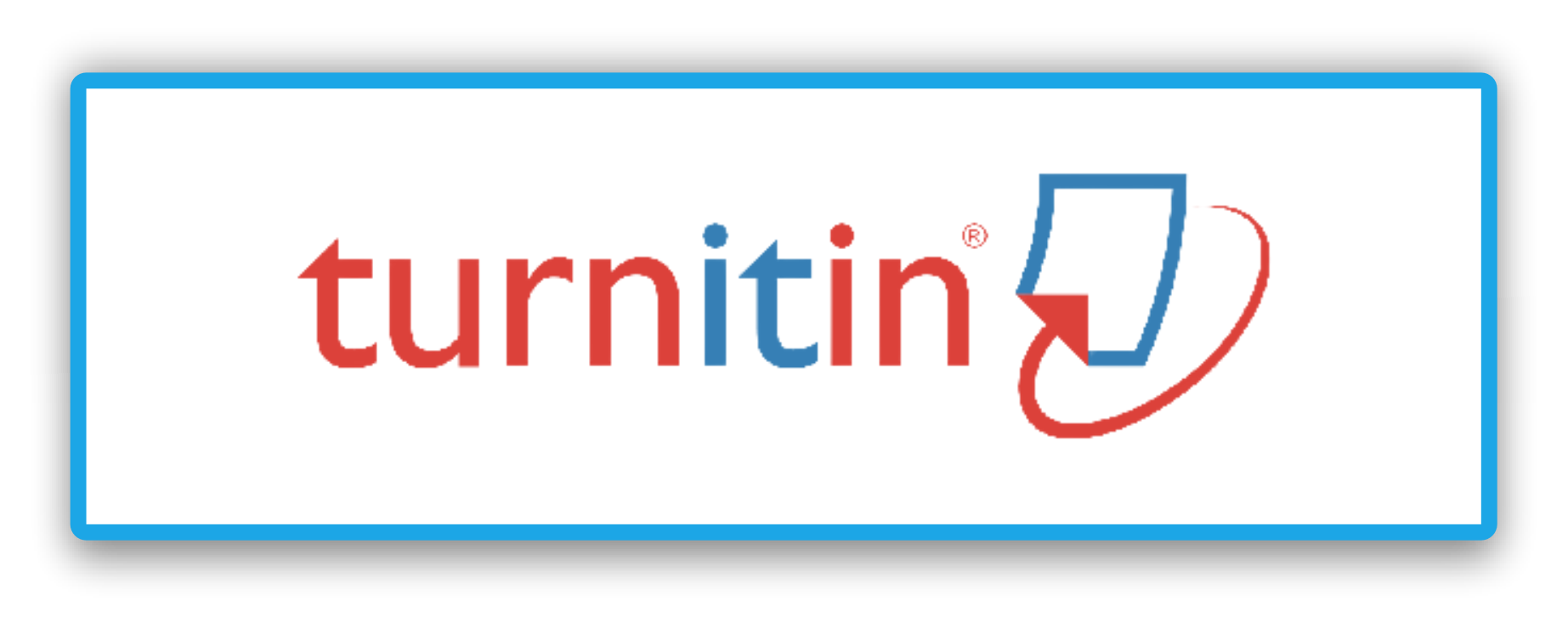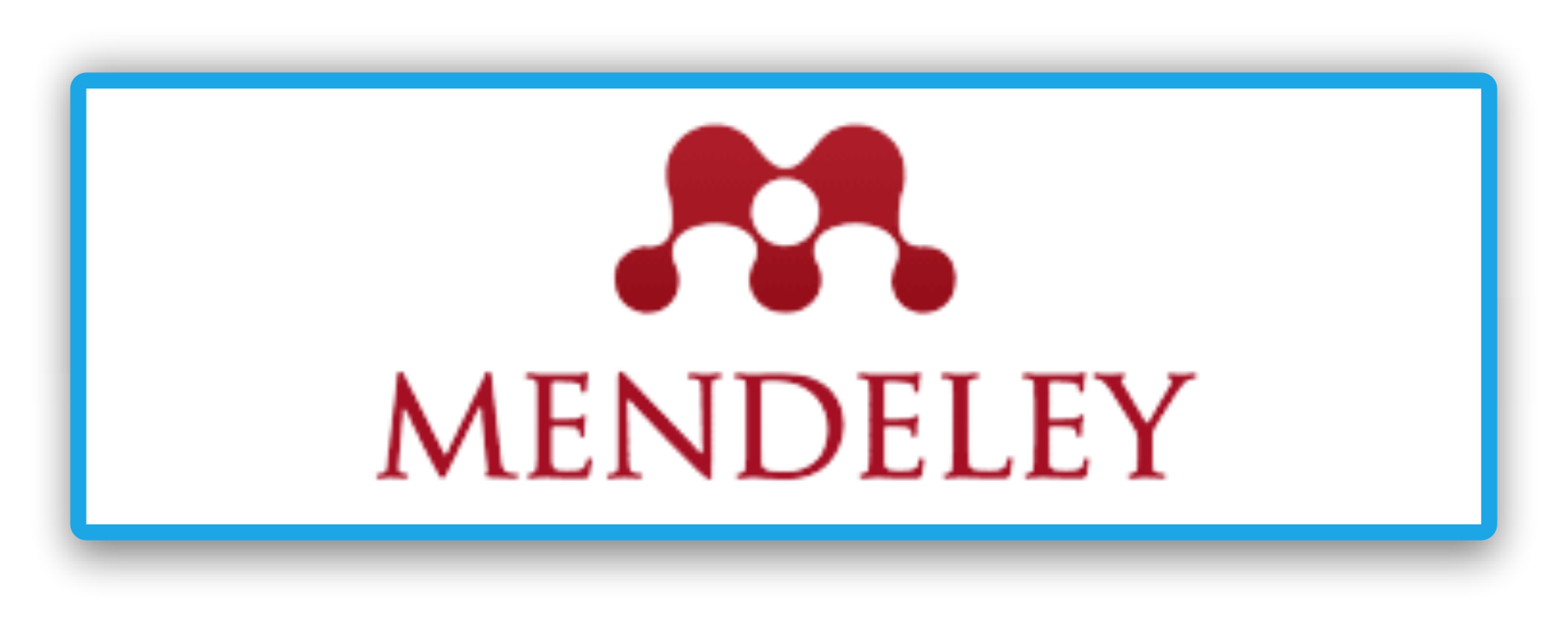Role of the Principal in Developing a Culture of Literature and Moral Coaching of Students in Integrated Islamic First Secondary Schools Alkahfi Kabupaten Pasaman Barat
Abstract
This study discusses the role of school principals in developing a culture of literacy and developing morals on students. The issue of student literacy and morals are still the major issue in national education. This low level of students’ literacy turns out to have a negative impact on student development and also makes their future bleak. Developing student morals is an important point that a school principal must also pay attention to so that students have good morals. The principal as a leader and at the same time as a policy holder must have the right strategy. Al Kahfi Integrated Islamic Junior High School, West Pasaman Regency is one of the schools that had promoted literacy as a superior school program. Apart from that, moral development on students is also given great attention so that in the future students will have good character and morals. This study employs a qualitative method with a descriptive approach. Data collection techniques include observation, interviews, and documentation. To ensure data validity, triangulation was utilized. Data analysis involved several steps: compiling, organizing, and synthesizing all field data to draw conclusions. The results of the research showed that the role of the school principal as a manager in developing literacy culture and moral development is by: planning (program planning), organizing (forming a team), actuating (providing guidance) and controlling (evaluating implementation). Meanwhile, the role of the school principal as a leader in developing literacy culture and moral development is to: provide good examples and role models. Meanwhile, as a motivator in developing a culture of literacy and fostering morals, you can: provide rewards to students who excel in the field of literacy and have the best morals.
Keyword : Role of school principal, literacy and moral development
Full Text:
PDFReferences
Afriandi, B., Hakim, R., AM, R., Syaifullah, S., & Kamal, T. (2024). The Impact of Moral Learning on Students’ Morality at Islamic Junior High School Baiturrahman Teluk Kuantan. Al-Hijr: Journal of Adulearn World, 3(2), 301–309. https://doi.org/10.55849/alhijr.v3i2.666
Amrizon, A., & Ritonga, M. (2024). Reflection on Educators’ “Penyakit” to Improve Professional Competence in the Perspective of Islamic Religious Education. Ruhama : Islamic Education Journal, 7(1), 55–68. https://doi.org/10.31869/ruhama.v7i1.5399
Asyari, H., Fangestu, I. W. F., & Al Husna, N. S. (2024). Managerial Competence of School Principals in Improving the Quality of Institutions. Tadbir : Jurnal Studi Manajemen Pendidikan, 8(1), 55–68. https://doi.org/10.29240/jsmp.v8i1.10139
Dewi, L. R., Naamy, N., & Malik, A. (2023). Peran Kepala Sekolah dalam Mengembangkan Budaya Literasi di SMPN 3 Praya dan SMPN 4 Praya Tengah. Jurnal Ilmiah Profesi Pendidikan, 8(1b), 779–785. https://doi.org/10.29303/jipp.v8i1b.1328
Hadi, M. (2019). The principal’s effective leadership in elementary education (A study at Madrasah Ibtidaiyah in Metro City). Elementary: Jurnal Ilmiah Pendidikan Dasar, 5(2), 127–140.
Indra, R., Ritonga, M., & Kustati, M. (2022). E-leadership of the school principals in implementing online learning during COVID-19 pandemic at public senior high schools. Frontiers in Education, 7(August), 1–18. https://doi.org/10.3389/feduc.2022.973274
Ismaiza Busti, Mahyudin Ritonga, & Ahmad Lahmi. (2021). Kepala Madrasah dan Perannya dalam Meningkatkan Profesionalisme Guru: Studi Eksplorative di MTs Istiqamah Talu. Intiqad: Jurnal Agama Dan Pendidikan Islam, 13(1), 1–15. https://doi.org/10.30596/intiqad.v13i1.6230
Jakubowski, M., & Pokropek, A. (2015). Reading achievement progress across countries. International Journal of Educational Development, 45, 77–88. https://doi.org/https://doi.org/10.1016/j.ijedudev.2015.09.011
Kartikasari, E., & Nuryasana, E. (2022). School literacy movement program in elementary school, Indonesia: Literature review. Journal of Education and Learning (EduLearn), 16(3), 336–341. https://doi.org/10.11591/edulearn.v16i3.20383
Noer, S. M., Ritonga, M., & Zein, R. (2021). The Influence of Conflict Management , Work Climate , and Job Satisfaction on Performance of Private Junior High School Principals. Linguistica Antverpiensia, 1, 3583–3596. https://hivt.be/linguistica/article/view/531
Rahmadanita, A. (2022). Rendahnya Literasi Remaja di Indonesia: Masalah dan Solusi. Jurnal Pustaka Ilmiah, 8(2), 55–62. https://doi.org/10.20961/jpi.v8i2.66437
Sasmita, S. K., & Prastini, E. (2023). Peran Kepemimpinan Kepala Sekolah Dalam Meningkatkan Kinerja Guru. Journal on Education, 5(3), 7245–7265.
Sim, E., & Bierema, L. (2024). A Systematic Literature Review of Intersectional Leadership in the Workplace: The Landscape and Framework for Future Leadership Research and Practice to Challenge Interlocking Systems of Oppression. Journal of Leadership & Organizational Studies, 15480518241292214. https://doi.org/10.1177/15480518241292214
Warsito, B., Muharam, H., Hakim, A. R., Fatmawati, E., & Diponegoro, U. (2023). Pengukuran Pembudayaan Kegemaran Membaca : Kajian Survei Indeks Kegemaran Membaca Kota Salatiga Tahun 2022. VISI PUSTAKA, 25(2), 145–160.
Ritonga, M., Lahmi, A., & Hakim, R. (2020). The Existence of Yellow Books (Kitab Kuning ) as the Sources of Islamic Studies at Islamic Boarding Schools Within the Industrial Revolution Dialectics. International Journal of Psychosocial Rehabilitation, 24(8), 3516–3523. https://doi.org/10.37200/IJPR/V24I8/PR280370
DOI: https://doi.org/10.31869/ruhama.v7i2.5967
Article Metrics
Abstract view : 0 timesPDF - 0 times
Refbacks
- There are currently no refbacks.
INDEXED BY :
Pascasarjana UM Sumatera Barat
Jl. Pasir Kandang No.4, Pasie Nan Tigo, Kec. Koto Tangah, Kota Padang, Sumatera Barat 25586.
 This work is licensed under a Creative Commons Attribution-ShareAlike 4.0 International License.
This work is licensed under a Creative Commons Attribution-ShareAlike 4.0 International License.












